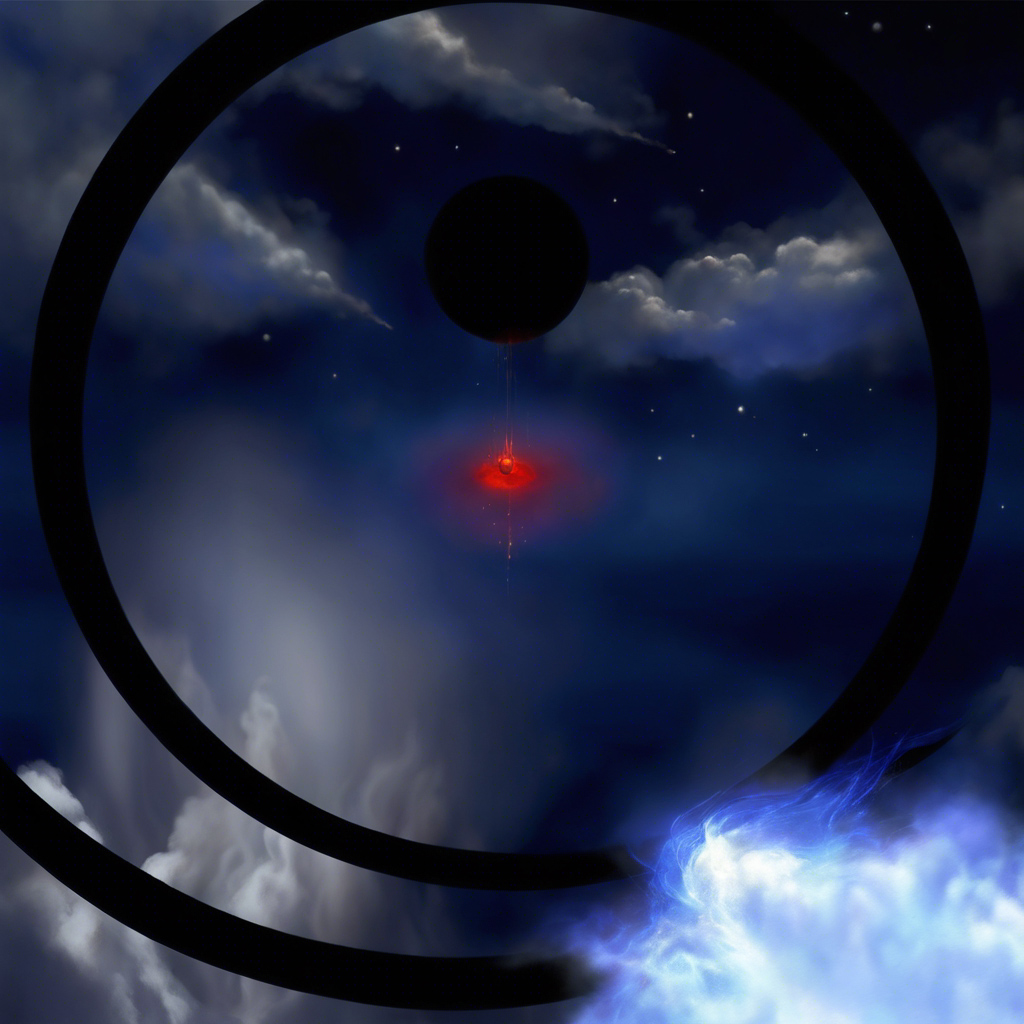The PhD project
Climate Cosmograms examines the cosmological dimension of climate images, inquiring how they become more than scientific representations that also portray political and socio-cultural imaginaries of the Earth. The project researches the visual literacies of design and technological systems through a critical examination of current climate-imaging practices to propose other possible forms of climate visuality and imaginaries. This practice-based research starts with the proposal that current climate images are not neutral representations but act as visual proxies of a complex, autonomous, and speculative modelling system that mediates and politicises climate data. Climate images used within the Intergovernmental Panel on Climate Change (IPCC) reports are produced to inform climate governance, which I argue, construct imaginaries that reframe people’s political and socio-cultural relationship to the earth. Through examining this reframing, this project proposes to study the tacit role of design and its AI-aided automation by looking at three different realities of the earth that coexist in the imaging of climate; the sensing of the earth as a biochemical substrate; its computational modelling; and finally, the visualisation of this data.
The project Climate Cosmograms asks: what are the visual practices of climate images? How do they construct and disseminate cosmological imaginary(ies)? How can creative practices help to critically mobilise current climate-imaging operations to propose other mediums to simulate the climate and its imaginaries? I hypothesise that by using the medium of cosmograms–a cultural incarnation of the earth–as a research lens, I will be able to document, nuance and diversify climate visuality and imaginaries. On one end, I focus on using the cosmogram as a lens to study the current visual and discursive practice of climate-imaging through infrastructure and software studies, field research and participatory methods. On the other end, I work with practice-based artistic research, including creative and geo-computing practices, to develop a medium that explores what other knowledge, images and simulations can inform climate debate. This project intends to contribute to the field of environmental humanities, climate literacy and artistic research.

